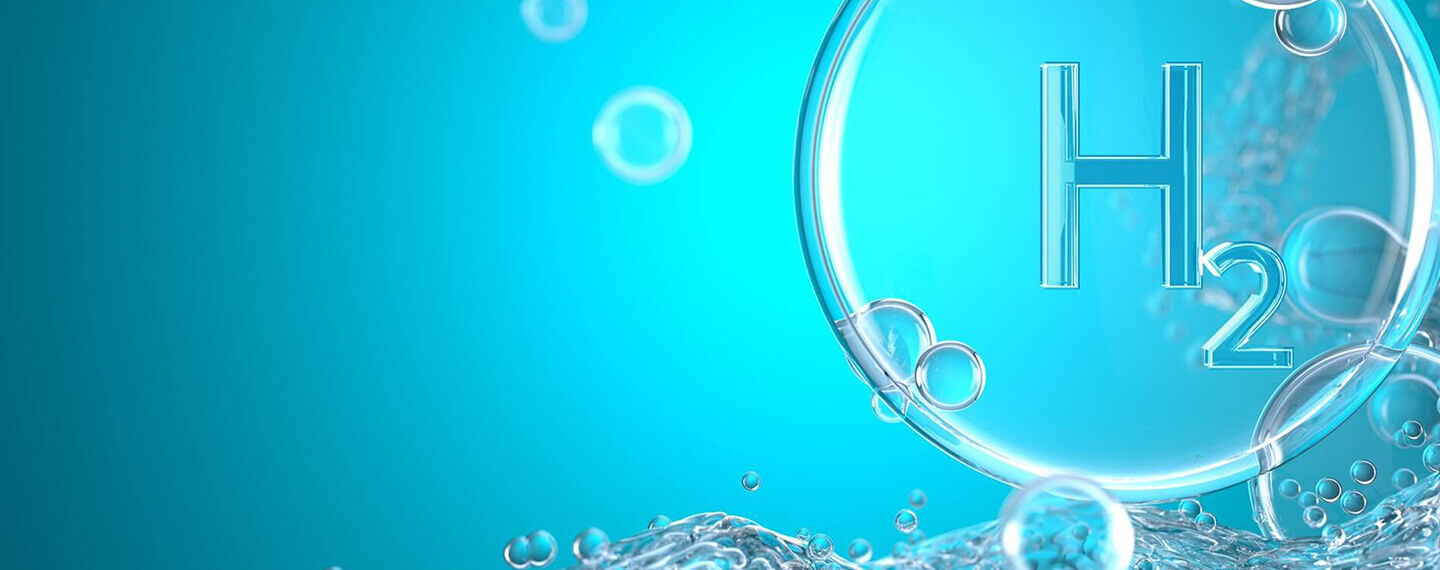You are currently viewing the James Walker Global website.
You are currently viewing the James Walker Global website.

Addressing the lack of industry standardisation for hydrogen compatibility testing.
Tuesday, August 9, 2022Interest and investment in hydrogen is growing at a phenomenal rate as industrial and domestic energy use transitions from carbon intensive energy sources to low or zero carbon energy.
A growing number of sectors are now looking to utilise hydrogen increasing demand for suitably compatible and safe technology to handle the production, transportation and storage of the medium.
Production technology is rapidly developing for blue (creating hydrogen from natural gas and capturing carbon), grey (hydrogen as a by-product of hydrocarbon refining) and green hydrogen (produced using electrolysers powered by renewable energy).
Downstream, national gas distribution networks are undertaking trials in adding hydrogen to supply heat to domestic and industrial users, whilst other sectors are evaluating the use of hydrogen to power a range of applications including rail, marine, large road transport and even planes.
The breadth of these applications and the pace of change have led to a gap in industry standardised and agreed methods of evaluating, testing and approving components and materials for use with hydrogen. This places a significant burden on the equipment manufacturer to confirm that products are appropriate and safe for use in hydrogen service without clear guidance on any suitable or consistent methods for evaluating product performance and safety.
As with any gaseous or liquid medium, managing and controlling the flow of product is critical and so we have taken the initiative and are undertaking a programme of development, testing and validation of products and materials for sealing in hydrogen service.
The objective is to give customers confidence that a product or material selected from our “H2 Ready” range is suitable for hydrogen service, and that any such selection can be supported with evidence from relevant testing.
Products from our compression packing and gasket ranges have been validated through fugitive emissions testing regimes such as ISO 15848-1 Class AH, API 622 and Shell specification SPE 77/312 in the case of packings and TA Luft VDA 2440 and Shell MESC SPE 85/300 for gasket products. All testing has been carried out by independent third parties.
In the case of materials from our thermoplastics and elastomer portfolios, these have been tested in line with existing industry standards, such as ISO 23936-2 (Norsok M-710 Annex B), using hydrogen gas as the medium. Our long history and experience of such testing provides relevant and well understood data against which to compare results and assess suitability.
This test and validation programme has identified a number of highly capable materials and products that are suitable for hydrogen service and we are able to provide test results and reports to support product selection for our OEM customers as well as demonstrate operational suitability for end users.
As our validation programme continues, our range of products and materials suitable for hydrogen service will be extended - look out for the ‘H2 Ready’ icon when using our website or literature. If you have questions about qualifying, specifying or selecting products for use with hydrogen, or would like to discuss hydrogen projects in more detail, please contact our product and materials experts through your local James Walker office. They will be happy to review your requirements and provide evidence-based solutions to support your needs.


Want to discuss your project, engineering or materials challenge expert to expert? Simply provide us with your contact details and a little information about the application you are working on, and one of our experts will contact you as soon as possible.